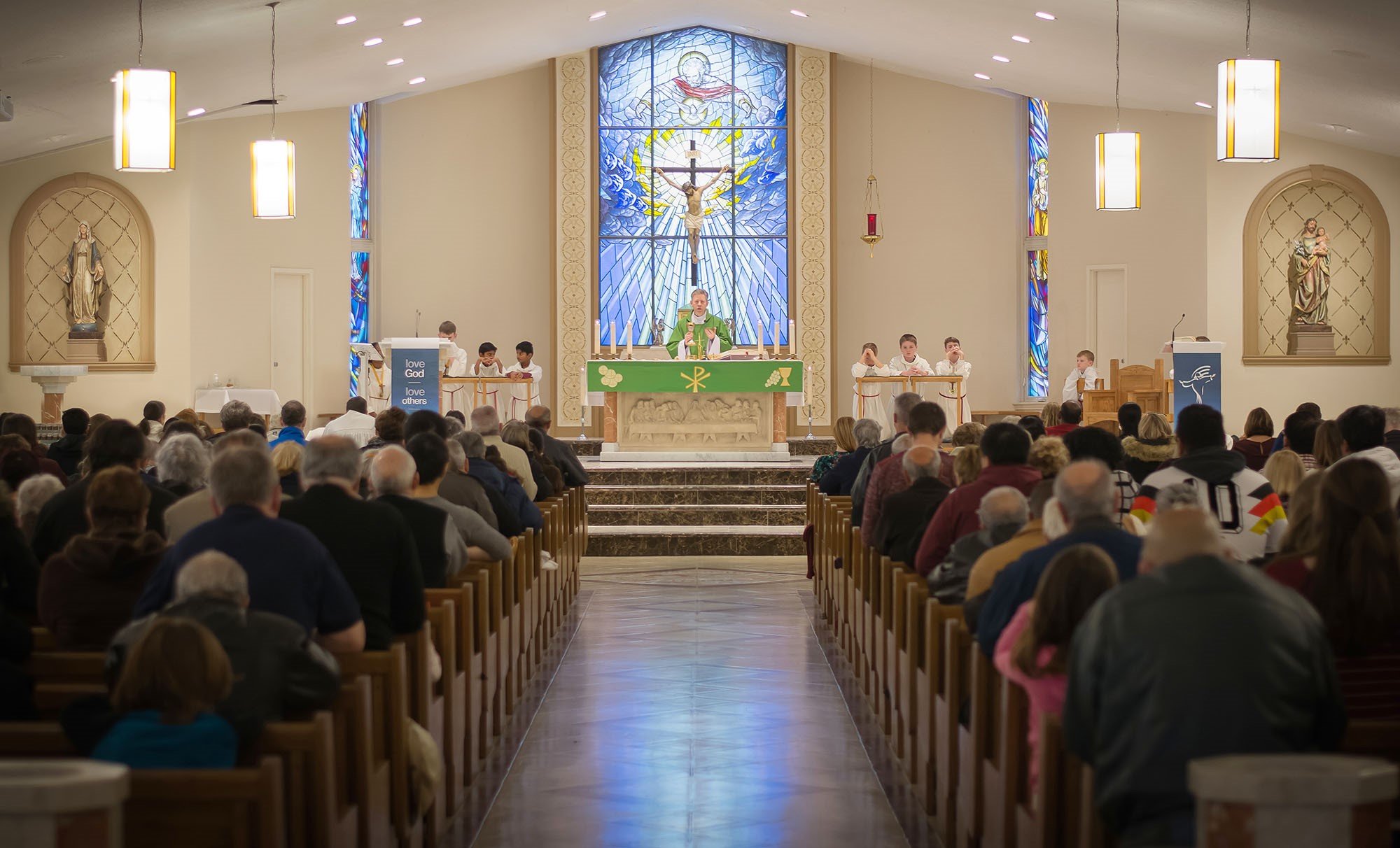
Welcoming the Stranger: World Refugee Day
On June 20, many people throughout the world celebrate World Refugee Day. It's on this day when many dedicate their lives to raising awareness of the plight of refugees and migrants around the world.
Since 2009, the Archdiocese of Toronto has been reaching out to support displaced refugees through the Office of Refugees, Archdiocese of Toronto (also known as ORAT).
In recognition of this day, we sat down with Deacon Rudy Ovcjak, Director of ORAT, who helped paint a picture as to the important work that ORAT continues to do.
1. Tell us about the work of ORAT over the past year.
Our office has been busy trying to secure immigration spots from the government. It continues on this great legacy that Cardinal Collins back in 2009 when he established this office. In the past, we had an allocation given to us by Immigration Canada of 438 spots. We did that in a speedy fashion to secure additional spots. Thankfully, we were able to obtain many more spots.
At the same time, we welcomed 940 new refugees to Canada.
2. Why is it important that we continue to still recognize refugees?
The magnitude of this global refugee crisis is unprecented. It probably exceeds the refugee crisis of World War II. It's important to always bring this issue to the forefront and to always remember the suffering that refugees and migrants face. It's these events (World Day of Refugees and the World Day of Refugees and Migrants that we'll be celebrating at the Vatican at the end of September) that help us to remember. More than that, remembering is always important for the human condition. Remembering the poor, remembering the sufferiing and this is in Paul's exhortation to the early Church - remembering the poor.
3. What has been most gratifying for you in your work at ORAT?
It is a beautiful blessing, as a permanent deacon, to be working here in ORAT daily. I see this as a tangible manifestation and example of the diaconal call to serve the poor and marginalized. I feel very privileged that I'm able to do this work because it's so integral to my call as a deacon. The fact that we're able to help refugees, to see the joy on their faces when they arrive to Canada and when they come to a country where they find safety and when they're able to practice their faith with freedom. When they're able to live their lives in peace, that's gratifying. To see their families welcome them and to be grateful to the work that the Church has done. This is not only for the Christians, but Muslim families have also been deeply grateful to the Archdiocese of Toronto. Seeing the joy in their faces has been most gratifying.
4. What projects is ORAT actively working on at the moment?
Refugee sponsorship is a very important part of our work - our meat and potatoes, so to speak. However, over the past couple of years, we've become very aware of the suffering of the Pakistani Christian community, who have faced terrible persecution in their home country. They have been placed in a very difficult situation with the Blasphemy Law. In response to that, we've done numerous tracks with that by sitting down with the Pakistani community. We're reaching out to all of the ethnic minorities by telling that we are here to help. The fact that Pakistani Christians in Toronto thought that they were forgotten was surprising to me. We continue to be here at the service of the Church. We've held an information session, have made broader appeals to Pakistani Christians saying that we are here to help. We've also planned a mission trip to go to Thailand and we've been working with a Jesuit Father who has assisted us in helping that community. The Cardinal has also released $250,000 of Project HOPE monies in order to assist. We hope that Catholic parishes in Toronto will help once they hear about this issue and appeal. God willing, they will sponsor one of these families.
5. What is your greatest need as an office currently?
There are so many of them. First, we are hoping that the federal government will increase the allocation to sponsorship agreement holders like ORAT so that we can help more refugees because the need is so great. That's the first step. We need the federal government's cooperation and support. Secondly, we do need the help of parishes. We cannot do this work without the help of many volunteers at the parish level to assist in the resettlement of refugees to Canada. That requires the hard work of, especially with cases with no family link to Canada, the burden is placed heavily on the parish involvement. We need many more parishes to accept the call to be part of refugee resettlement.
Deacon Rudy Ovcjak is the Director of the Office of Refugees for the Archdiocese of Toronto.
